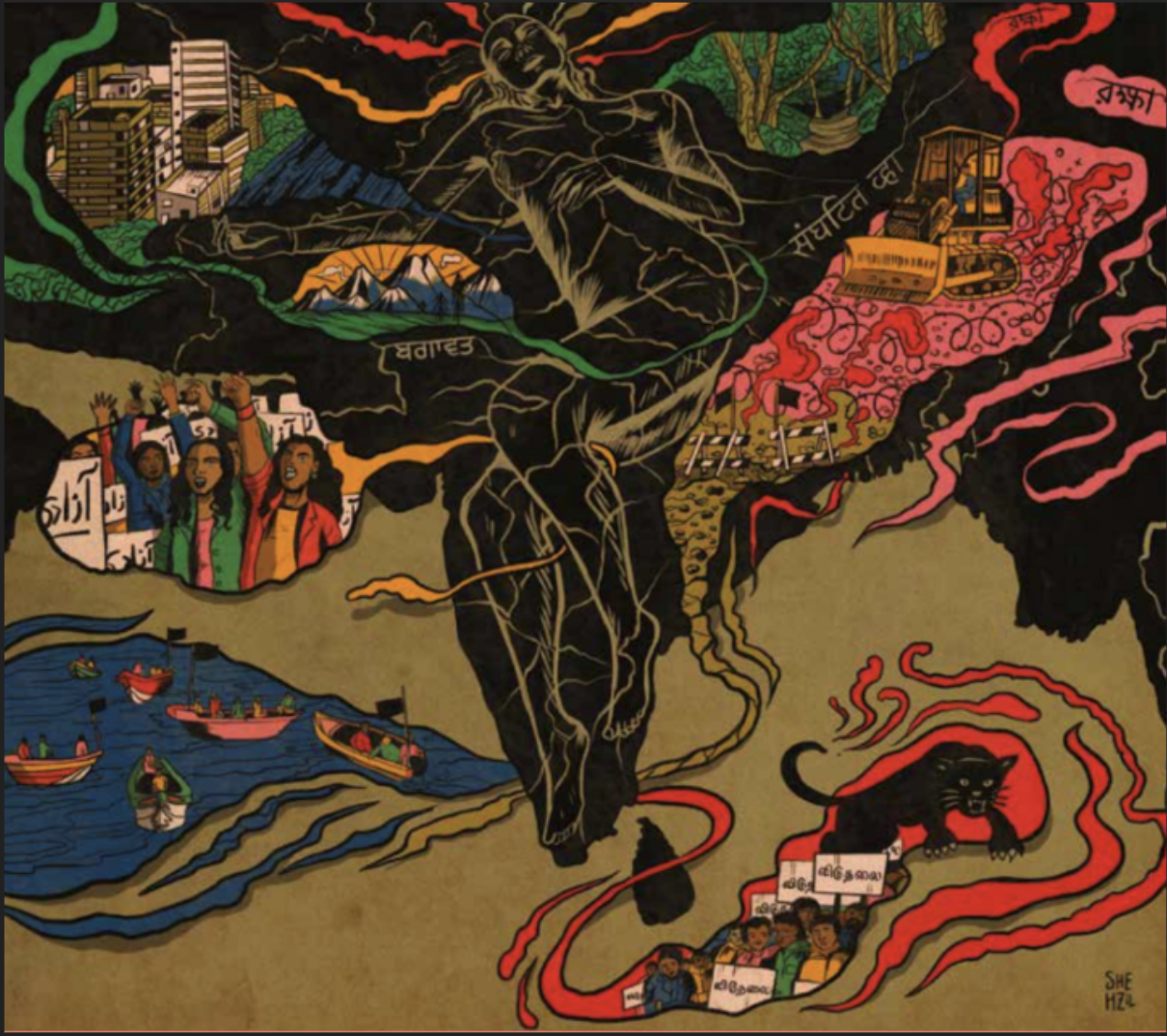- Teacher: Danica Jensen Weiner
Lewis & Clark Moodle
Search results: 2574
- Teacher: Danica Jensen Weiner
- Teacher: Danica Jensen Weiner
- Teacher: Danielle Torres
- Teacher: Danielle Torres
- Teacher: Danielle Torres
- Teacher: Danielle Torres
- Teacher: Danielle Torres
- Teacher: Danielle Torres
- Teacher: Michelle Solberg
- Teacher: Michelle Solberg
- Teacher: Danica Jensen Weiner
- Teacher: Danica Jensen Weiner
- Teacher: Robert Cox
- Teacher: Tianka Pharaoh
- Teacher: Tianka Pharaoh
provide school counseling candidates 100 hours of
direct experience in a K-12 school setting working
with students and staff. Under the direction of
the site supervisor/licensed school counselor, the
candidate will support a small caseload of
students, continue to develop conceptual and
professional skills related to their
transformative school counseling practice, engage
in a variety of counseling program interventions
and activities, provide individualized support for
students and staff, and attend a variety of school
counseling program activities. The counseling
practicum weekly course is designed as a
supervisory experience integrating theory and
research at the school placement site. Weekly
supervision will provide: support, feedback, case
review, case conceptualization, video review, role
play, continuation of skill development/practice,
and opportunities for reflective inquiry.
- Teacher: Tamara Tribitt
- Teacher: Tamara Tribitt

- Teacher: Tamara Tribitt
- Teacher: Tianka Pharaoh
- Teacher: Danielle Torres
- Teacher: Danielle Torres
- Teacher: Danielle Torres
- Teacher: Danielle Torres
- Teacher: Danielle Torres
- Teacher: Danielle Torres
- Teacher: Danielle Torres
- Teacher: Danielle Torres
- Teacher: Danielle Torres
- Teacher: Danielle Torres
- Teacher: Danielle Torres
- Teacher: Danielle Torres
- Teacher: Robert Cox
- Teacher: Robert Cox
- Teacher: Robert Cox
Independent Study enables a student to pursue, in, collaboration with a faculty member, an academic, course not currently offered. To receive credit, for independent study, the student consults with, the faculty member before registration to define, the course content, title, amount of credit, and, academic evaluation. As a general rule, a graduate, student may apply no more than three courses of, independent study toward a graduate degree or, licensure.
- Teacher: Heather Hadraba
Independent Study enables a student to pursue, in, collaboration with a faculty member, an academic, course not currently offered. To receive credit, for independent study, the student consults with, the faculty member before registration to define, the course content, title, amount of credit, and, academic evaluation. As a general rule, a graduate, student may apply no more than three courses of, independent study toward a graduate degree or, licensure.
- Teacher: Heather Hadraba
This page welcomes and provides information for new School Counseling students starting summer and fall 2019.
- Teacher: Frances Lessman
This page welcomes and provides information for new School Counseling students starting summer and fall 2020.
- Teacher: Frances Lessman
- Teacher: Liza Finkel
- Teacher: Liza Finkel
- Teacher: Liza Finkel
- Teacher: Liza Finkel
- Teacher: Liza Finkel
- Teacher: Alfonso Garcia Arriola
- Teacher: Gabe Nagler
- Teacher: Amy Bushaw
- Teacher: Amy Bushaw
This short exam for graduating biology majors will help the department assess the effectiveness of our current curriculum.
- Teacher: Paulette Bierzychudek
- Teacher: Kenneth Clifton
- Teacher: Greg Hermann
- Teacher: Stepan Simek
- Teacher: Sarah Warren
- Teacher: Sidra Kamran

- Teacher: Bruce Podobnik
- Teacher: Maryann Bylander
- Teacher: Maryann Bylander
society is organized and operates; the
relationship between social institutions and the
individual; sources of conformity and conflict;
the nature of social change.
- Teacher: Sarah Warren
- Teacher: Maryann Bylander
society is organized and operates; the
relationship between social institutions and the
individual; sources of conformity and conflict;
the nature of social change.
- Teacher: Jadee Carathers
- Teacher: Sarah Warren
FALL 2021: SOAN 110-01 INTRODUCTION TO CULTURAL ANTHROPOLOGY
MWF @ 9:10 – 10:10am, Miller Center, Room 205
COURSE INTRO: Anthropology is a four-field discipline, but cultural anthropology is the study of lived human experience as it is represented in and by symbolic, material, and virtual culture. Anthropologists, attend closely to everyday relationships between individuals and their immediate communities. Yet, we also study culture in the context of globalization because few individuals or particular cultural formations are isolated (or ever have been!) from broader political, market, and technological shifts. We have some standard and evolving methodological tools to facilitate our research and involvements in . Thus, anthropologists also study the varied forms of structural power that marshal the world’s inhabitants—human and otherwise—into complex networks! Our pace for this class is moderate.
- Teacher: Kim Cameron-Dominguez
- Teacher: Kabir Heimsath
- Teacher: Kim Cameron-Dominguez
- Teacher: Sepideh Bajracharya
systems of meanings and values through which
people orient and interpret their experience. The
nature of ethnographic writing and interpretation.
- Teacher: Sepideh Bajracharya
- Teacher: Kabir Heimsath
- Teacher: Kabir Heimsath
- Teacher: Kabir Heimsath
- Teacher: Kim Cameron-Dominguez
- Teacher: Maryann Bylander
- Teacher: Maryann Bylander
- Teacher: Maryann Bylander
- Teacher: Sidra Kamran

- Teacher: Bruce Podobnik
- Teacher: Sidra Kamran
foundation for the design of concrete research
projects in sociology and anthropology.
Exploration of philosophies, ethics, and
epistemologies associated with qualitative and
quantitative research. Methods include participant
observation, interviewing, surveys, statistical
analysis, and textual interpretation.
Conceptualization, development, and writing of
effective research proposals.
- Teacher: Sidra Kamran
- Teacher: Sarah Warren
- Teacher: Maryann Bylander
- Teacher: Kim Cameron-Dominguez
- Teacher: Sarah Warren
- Teacher: Sarah Warren
- Teacher: Sarah Warren
issues of bodily autonomy and human rights. With
emphasis on contemporary U.S. society, the course
will survey the medicalization of birth, the
spectrum of birth work, and the rights of pregnant
and parenting people, acknowledging that
reproduction is an experience that goes beyond the
gender binary. The course centers scholarship and
narratives of historically marginalized
identities, particularly the sociocultural context
of Black/African American women in reproductive
politics. Reproductive justice is also a social
movement that seeks equity beyond birth through
the alleviation of social ills linked to
institutional racism and other mechanisms of
oppression, including heterosexism. This course
situates the body and reproductive experience as
one that is socially constructed and shaped by
social location (e.g., race, ethnicity, gender,
sexuality, class, citizenship status, age,
ability, or religion) to regulate bodily autonomy.
- Teacher: Jadee Carathers
issues of bodily autonomy and human rights. With
emphasis on contemporary U.S. society, the course
will survey the medicalization of birth, the
spectrum of birth work, and the rights of pregnant
and parenting people, acknowledging that
reproduction is an experience that goes beyond the
gender binary. The course centers scholarship and
narratives of historically marginalized
identities, particularly the sociocultural context
of Black/African American women in reproductive
politics. Reproductive justice is also a social
movement that seeks equity beyond birth through
the alleviation of social ills linked to
institutional racism and other mechanisms of
oppression, including heterosexism. This course
situates the body and reproductive experience as
one that is socially constructed and shaped by
social location (e.g., race, ethnicity, gender,
sexuality, class, citizenship status, age,
ability, or religion) to regulate bodily autonomy.
- Teacher: Jadee Carathers
- Teacher: Kabir Heimsath
- Teacher: Kabir Heimsath
- Teacher: Maryann Bylander

- Teacher: Bruce Podobnik
This project will require work (participant observation, fieldnotes, maybe interviews, and library research) outside of class preparation. So, as you decide whether to take this class, consider if you have the time and willingness to devote to the work this semester.
- Teacher: Kim Cameron-Dominguez
- Teacher: Sepideh Bajracharya
- Teacher: Sepideh Bajracharya
- Teacher: Sepideh Bajracharya
- Teacher: Sepideh Bajracharya
- Teacher: Sepideh Bajracharya
- Teacher: Sarah Warren

- Teacher: Sidra Kamran
- Teacher: Maryann Bylander
- Teacher: Maryann Bylander
- Teacher: Sarah Warren
change across a range of Latin American countries.
Exploration of when and how social change occurs
and the importance of mobilization for creating
meaningful change. How global factors influence
societal changes, with attention to immigration,
violence and alternatives to capitalist expansion.
- Teacher: Sarah Warren
- Teacher: Oren Kosansky